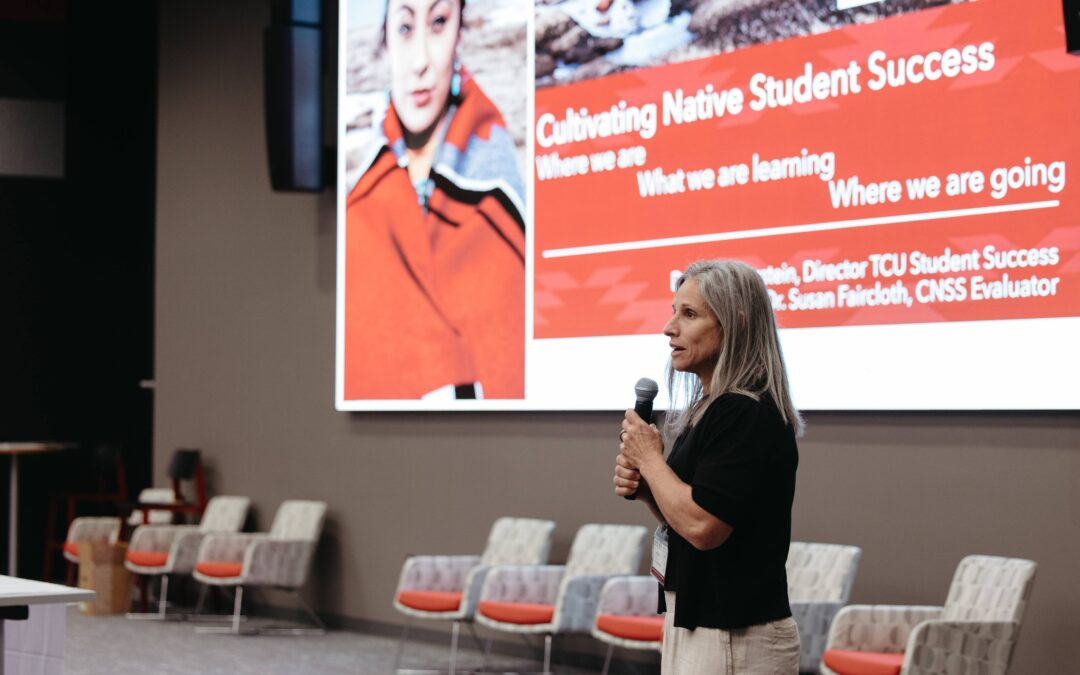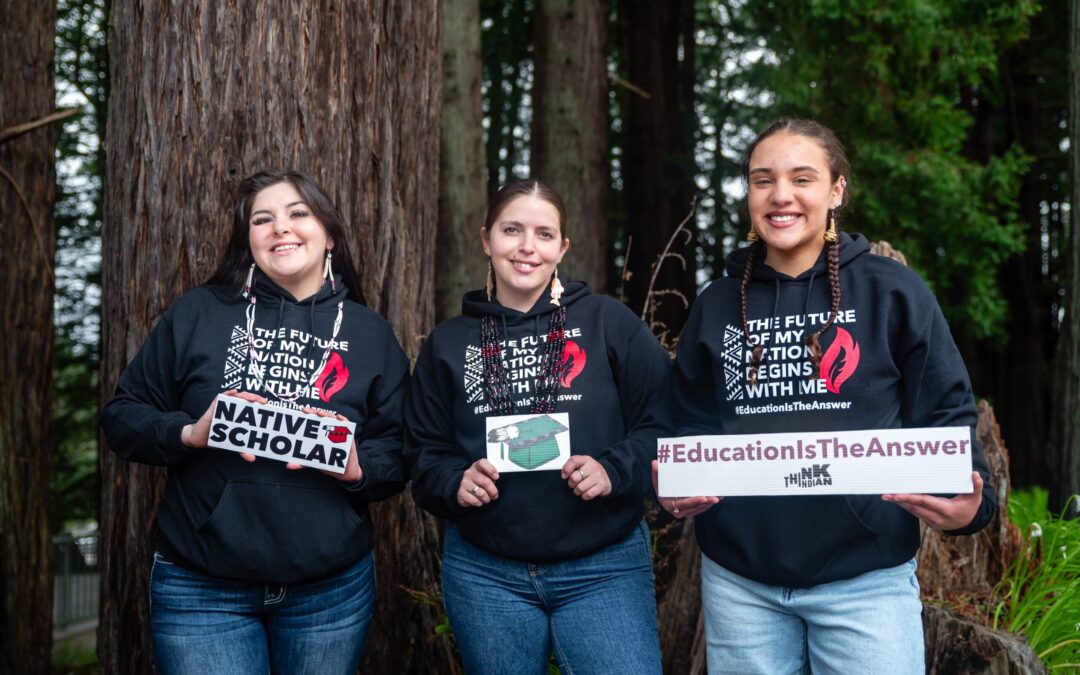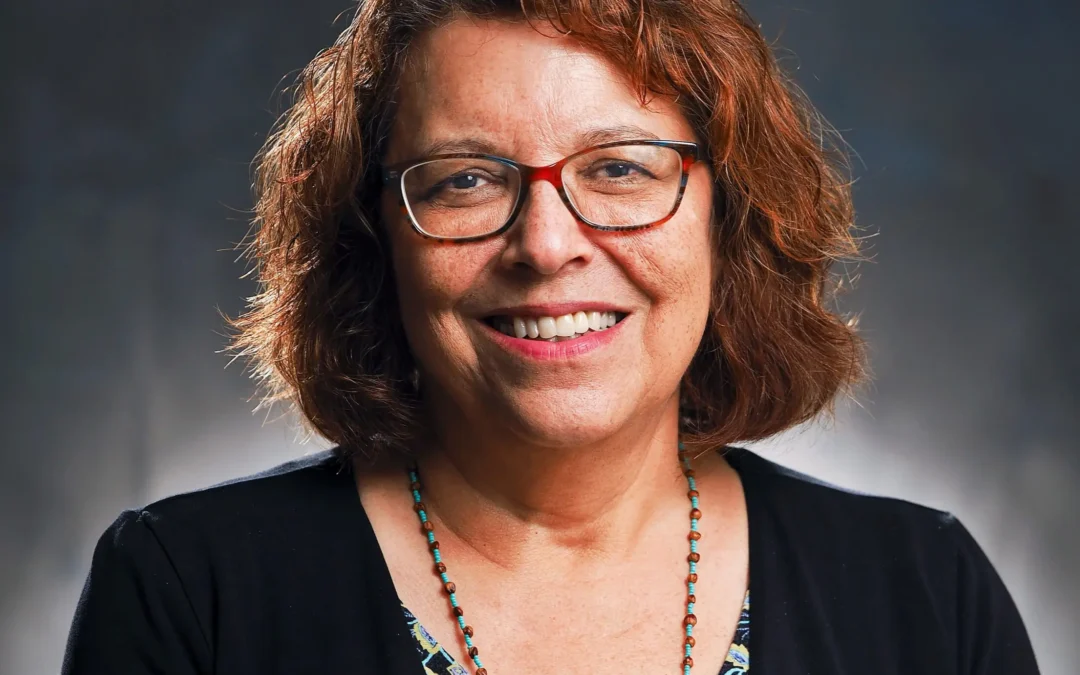In August 2008 former President George W. Bush signed Congress the Higher Education Reauthorization and College Opportunity Act of 2008 into law. The reauthorization will help more students attend tribal colleges across the country and will include funding for tribal colleges across the United States. It also authorizes an annual increase from $6,000 to $8,000 for each student attending a tribal college. However, each year Congress must make appropriations to fund these worthwhile programs.
As you know, most tribal colleges are located on reservations, where they serve nearly 28,000 Native students in geographically isolated communities. On reservations, unemployment rates are high and average family incomes are 27 percent below the federal poverty level. Federal funding is necessary to keep our tribal colleges operational, providing much-needed educational opportunities to Native communities.
Help tribal colleges get the funding they need by contacting your senator to urge them to make appropriations for tribal colleges under the Higher Education Reauthorization and College Opportunity Act of 2008. To contact your senator, go to http://www.senate.gov/general/contact_information/senators_cfm.cfm to find the address and phone number of your elected official.









